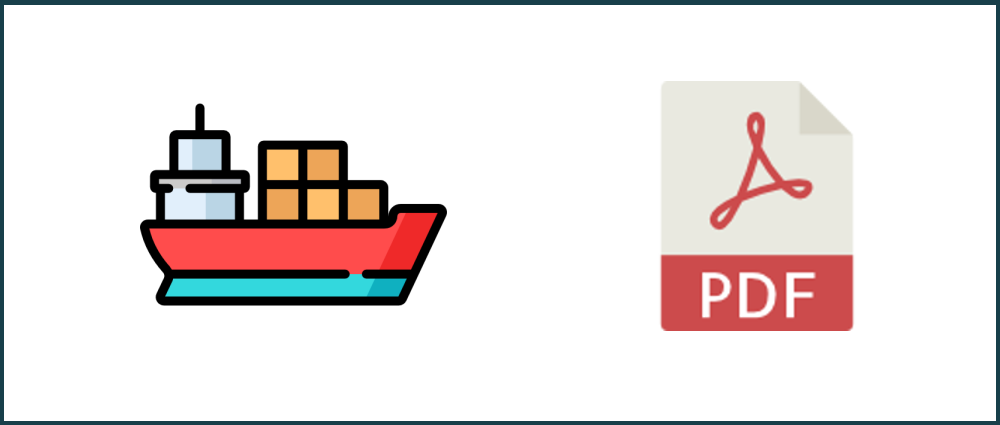The importance of data in the logistics and transportation industries
Whether by plane, truck, ship or train or as they are also known, rail, road, maritime and air shipments, the transportation of goods has become more important to all of us. At PDFTables.com we've been asking ourselves about the role that data play in the transportation and logistics industries. Data are collected on how goods travel to different cities and continents, the routes, the time frames; the methods of transport form part of the process to provide the best possible transportation service and can also help inform potential improvements.
Covid-19 slowed the movement of goods across the globe and helped reduce the overall demand for some products. But what are companies doing now to ramp back up to where they were pre-pandemic and what are they doing to improve?
Transportation companies are constantly trying to improve their overall service. This can range from improving shipment time and cost, increasing their service levels with little disruption or even upgrading their warehouse management systems and warehouse operations.
Data in the transportation industry are important since fleet vehicles have data sensors that provide real-time information regarding their performance. They give precise information on vehicle travel speeds, time spent in transit, and idle time. Sensors also keep track of equipment and engine overall health. This allows for prediction of mistakes and maintenance planning ahead of time.
In the transportation industry supply chain management data analytics can help logistics companies better estimate future demand by studying client data. It assists them in determining which items can be reduced in price when they become less profitable, as well as determining what the client's likely needs will be after placing their first shipping order. Although the main purpose is to help organisations decide on the fastest, most efficient way to get the goods to where they need to be.
Transportation data are often aggregated and communicated in PDF documents for simplicity. Increasingly these data are needed in machine readable format for:
- post processing
- to conduct analysis
- for modelling
- as inputs for artificial intelligence algorithms
That is what we do at PDFTables.com — we convert PDFs into formats which are easier to reuse. We offer an API at PDFTables.com to allow you to convert your PDFs into Excel, CSV, HTML and XML.
Icons made by Smashicons and Freepik from www.flaticon.com is licensed by CC 3.0 BY


